Why are we still obsessed with vintage synths?
Is classic analogue hardware's continuing influence on new instruments a good thing?
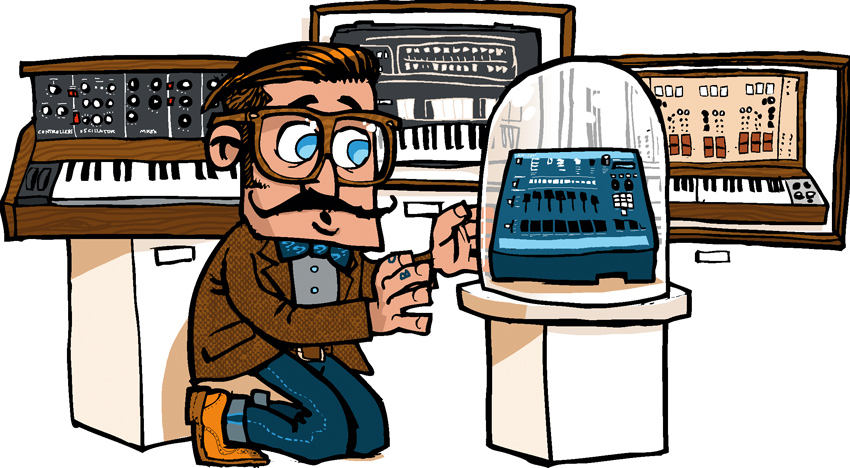
Facebook might not be the best place to look for considered, intelligent analysis, but one recent comment in particular sticks in our mind. It related to a story about a new digital hardware synth product and simply said, "Not analogue, not interested" - not a particularly offensive statement, but a curiously partisan one for a hi-tech musician to make.
This is a mindset that seems to be shared by many at the moment, and it's symptomatic of both the boom in new analogue synths and our continuing fascination with vintage ones. Classic instruments from the likes of Moog, ARP, Korg, Roland and Sequential Circuits have never been more highly revered; so why do people continue to obsess over them, and is it right that their influence on today's synth market is so heavy?
The emulator
Dave Spiers of GForce Software is both a vintage synth aficionado and soft synth developer (his company has created emulations of the ARP Odyssey, EDP OSCar and the Mellotron), and he feels that it's more than just nostalgia that makes musicians look back at these machines with such fondness.
"Most classic analogue instruments have an immediacy of control. By default, sound sculpting is instinctive and enjoyable," he says. It's also worth remembering that these instruments sounded pretty amazing for their times, though they weren't without their idiosyncrasies, either.
"Most classic analogue instruments have an immediacy of control. By default, sound sculpting is instinctive and enjoyable." Dave Spiers, GForce Software
"The imprecise nature of vintage analogue tuning is great for some things but intensely annoying for others, and people sometimes look back with rose-tinted specs, forgetting some of the pitfalls. That's where sanity can occasionally fall victim to retro-fetishism."
Arturia is a company that's spent a lot of time dealing with analogue instruments, first with its software emulations of vintage ones, and more recently as creators of new hardware synths (namely the MiniBrute and MicroBrute). Thierry Chatelain is one of the company's lead engineers, and he feels that our familiarity with vintage sounds helps to fuel our desire for the instruments themselves.
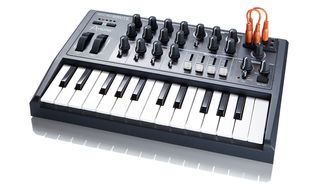
"[Each instrument] has a distinctive sound palette that we're accustomed to and learned to love through great songs and pieces of music," he says. "So they probably became as popular as the songs they were used in, and this seems to have been transmitted through generations of artists who continue to influence each other."
Get the MusicRadar Newsletter
Want all the hottest music and gear news, reviews, deals, features and more, direct to your inbox? Sign up here.
A/D disorder
This is certainly true, but it doesn't really get to the bottom of whether it's the analogue nature of these sounds that we love so much, or simply their heritage. Or, to put it in terms that even our Facebook commentator would appreciate, is there any value or justification in saying that analogue is inherently 'better' than digital when it comes to generating synth sounds?
"Let's say that analogue synths sound fundamentally good, but digital ones can be very interesting too!" says Chatelain, diplomatically. "'Better' is a highly subjective word when it comes to sound, but one could probably say that analogue synths sound fundamentally warmer, which seems to be sought after these days. There's something organic to these sounds that seems to make our brain and gut respond very well to them."
"One could probably say that analogue synths sound fundamentally warmer, which seems to be sought after these days." Thierry Chatelain, Arturia
Again, there's probably some truth in this, but, as Dave Spiers points out, those in the know don't even see the analogue vs digital debate as one that's worth having: "Both analogue and digital have their plusses and pitfalls, and to argue that one is better overall is utterly pointless," he says. "In all honesty, I've worked with a million and one successful musicians who don't care what it is so long as it fits the part and the workflow suits them. Some will use analogue in the studio and then digital equivalents on the road; some prefer the in-the-box solution; some hate computers. Regardless, not one of the artists I've worked for has ever said 'I won't use that piece of kit 'cause it's not analogue.'"
The future of vintage
Let's not forget, either, that there was a time in the mid '80s when a lot of now-classic analogue gear was considered fit for the scrapheap: "There were times when a Roland Juno-106 was happily traded for a D-50, and when the aliasing of an [E-mu] SP-1200 was seen to be highly undesirable," Thierry Chatelain reminds us. "This is now considered a feature, and contributes greatly to the sonic signature of the machine."
Fashions change, in other words, but just at the moment, our thirst for vintage gear - or gear that looks and feels vintage - is unquenchable. Korg has already brought back its own MS-20, and later this year, it'll be releasing a new hardware version of the ARP Odyssey, so is it right that it and other companies spend so much time feeding our desire for 'authentic' analogue gear, or should they be taking a more forward-thinking approach?
"Fashions change, but just at the moment, our thirst for vintage gear - or gear that looks and feels vintage - is unquenchable."
"I've spoken with people who've claimed that analogue will lose some of its cool factor because of what's happening now, and that Korg should focus on making something new and unique, but I'm not sure I agree entirely with that," says Dave Spiers.
"In my opinion, Korg captured the zeitgeist a couple of years ago and have remained in tune (pun intended) with what people have been asking for. If, like me, they feel the Odyssey is a classic whose tone deserves a place in modern music making, there's every chance that they're doing the right thing."
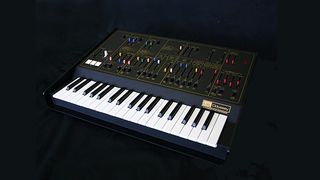
And what of the new analogue instruments that are being produced? Is there any chance that they will be considered classics in their own right in 30 years time? "We hope so, but this is obviously not for us to say," says Arturia's Chatelain. "If they are inspiring enough, modern analogue synths might well become classics, with the benefit of being more reliable and using new technology."
That said, Dave Spiers believes that there remains something special about the previous generation of analogue instruments: "We now live in an age of quicker and cheaper, where mass- produced items aren't really built to last. Genuinely classic vintage synths are often physically bulletproof. The sliders on a CS-80 are of such high quality that they will never decay, fail or break.
"Of course, it's inside the beast where the now-obsolete chips live that can cause you the real grief, but a well-maintained CS-80, Minimoog or Prophet-5 will outlive most mass-produced synths from the '80s onwards."
New synths that have enough character might one day become classics in their own right, then, but they've got a long way to go if they want to achieve the legendary status of their forebears. Those original analogue instruments already have an assured place in history, and will continue to be a source of fascination for generations of musicians to come.
This article originally appeared in issue 204 of Computer Music magazine.


Computer Music magazine is the world’s best selling publication dedicated solely to making great music with your Mac or PC computer. Each issue it brings its lucky readers the best in cutting-edge tutorials, need-to-know, expert software reviews and even all the tools you actually need to make great music today, courtesy of our legendary CM Plugin Suite.

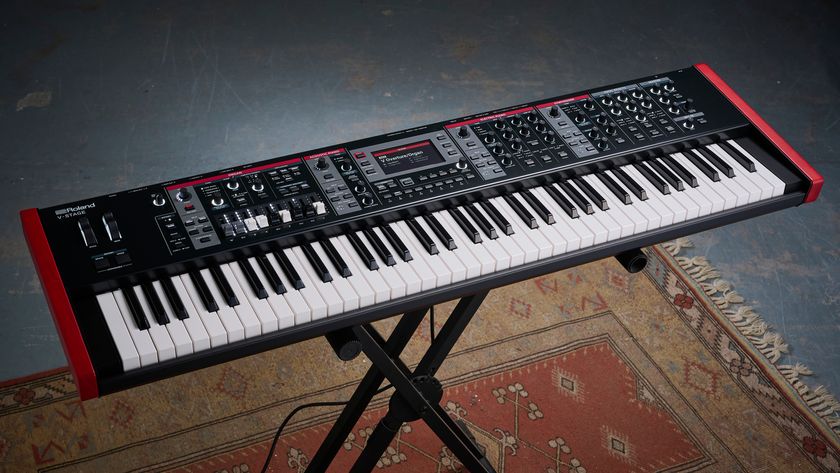
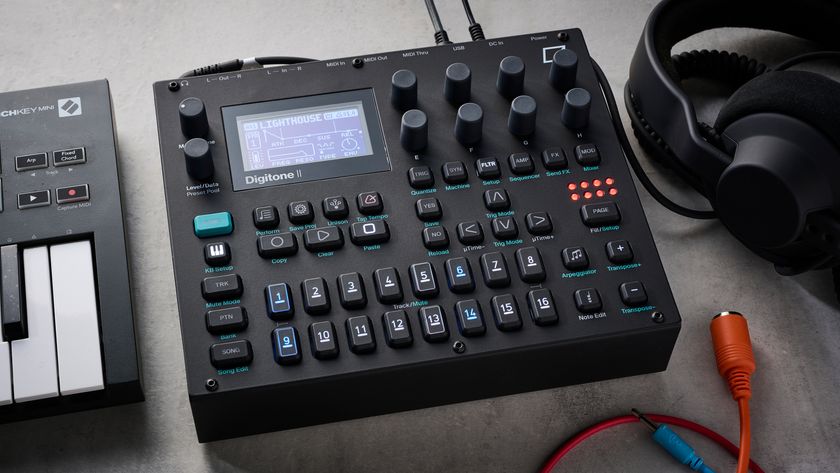
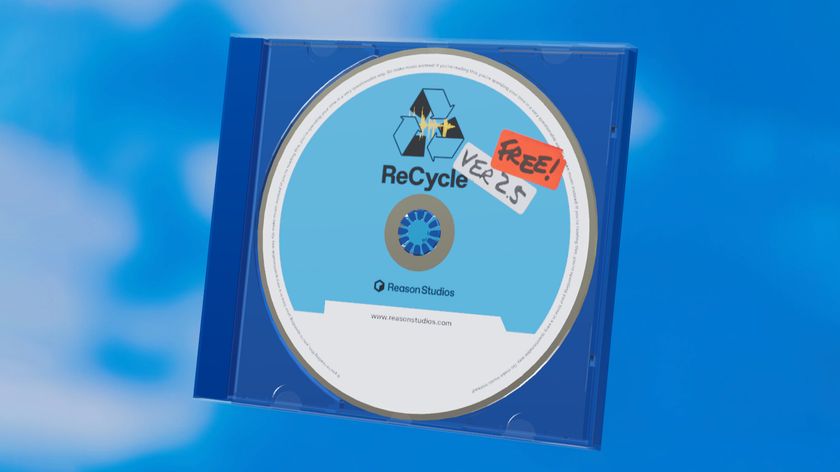

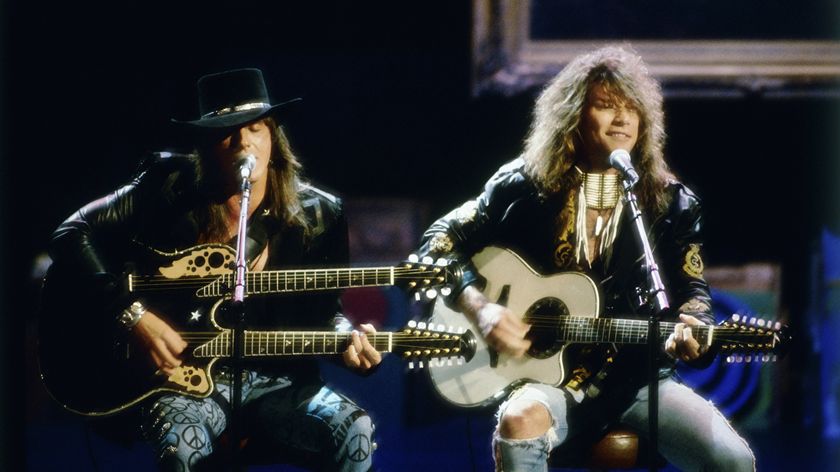
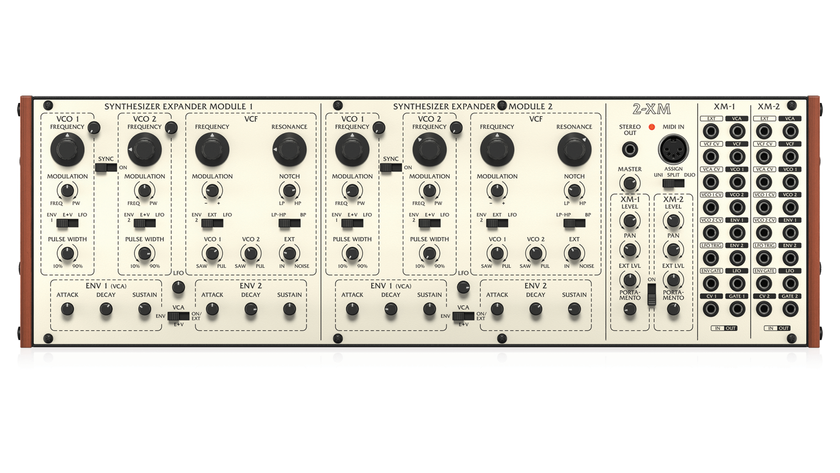
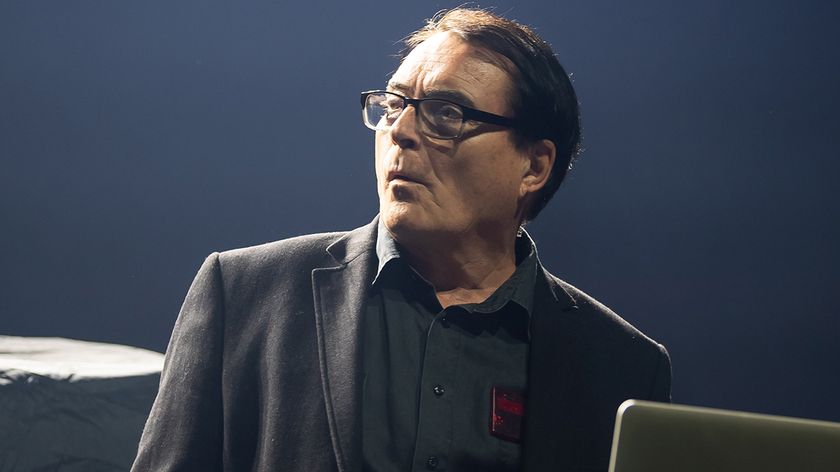
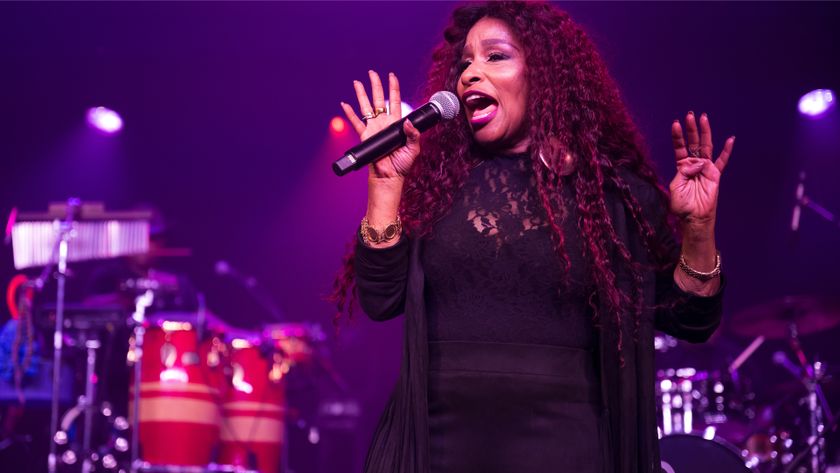



![Chris Hayes [left] wears a purple checked shirt and plays his 1957 Stratocaster in the studio; Michael J. Fox tears it up onstage as Marty McFly in the 1985 blockbuster Back To The Future.](https://cdn.mos.cms.futurecdn.net/nWZUSbFAwA6EqQdruLmXXh-840-80.jpg)